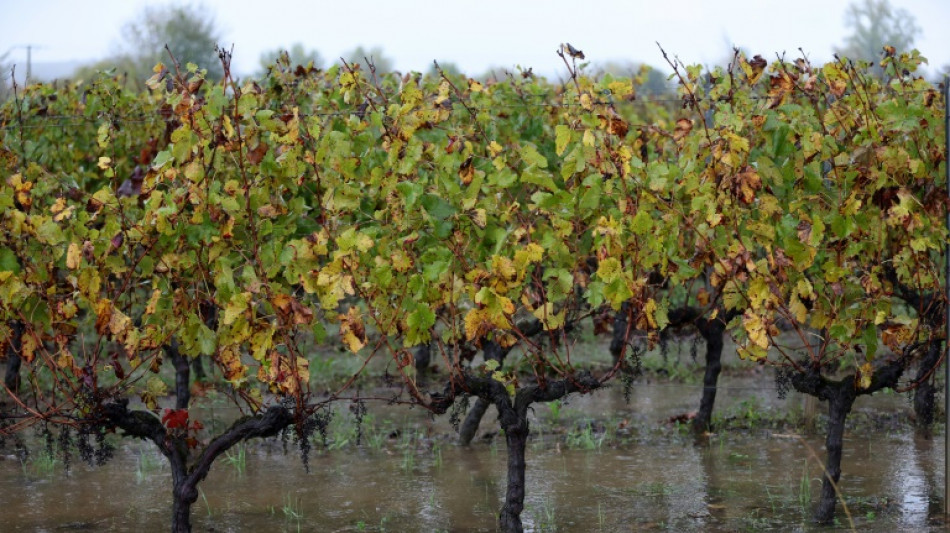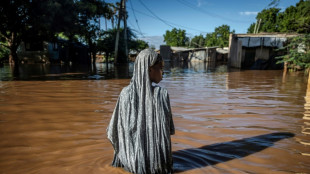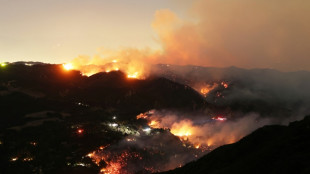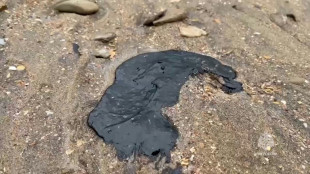

Global wine production hits lowest level since 1961
Global wine production has fallen this year to its lowest level since 1961 as vineyards were pummelled by extreme weather events, the International Organisation of Vine and Wine (OIV) said Tuesday.
Output reached 244.1 million hectolitres, down seven percent from last year, the intergovernmental body said as it presented its first estimates.
"Once again, extreme climatic conditions -- such as early frost, heavy rainfall, and drought -- have significantly impacted the output of the world vineyard," said the organisation, which provides data to grape and wine producing and consuming countries.
A number of major producers in the southern hemisphere had significant drops in production. Australia, Argentina, Chile, South Africa and Brazil all saw output drop between 10 and 30 percent.
Italy lost the title of top world producer as its output fell 12 percent, allowing France to reclaim first place as its production held steady.
Spain held onto its position as the world's third largest wine producer although its production fell by 14 percent and was down 19 percent from its five-year average.
The silver lining, if any, for the industry is that it may help alleviate the market imbalance.
In "a context where global consumption is declining and stocks are high in many regions of the world, the expected low production could bring equilibrium to the world market," said the OIV.
While the OIV speaks of extreme weather events affecting production, they have yet to definitively link it to climate change, said Inaki Garcia de Cortazar-Atauri at the French national agronomical research institute INRAE.
A specialist on the impact of climate change on agriculture, he said that damage in Italy was due to farmed land not being able to absorb water as well as natural soil.
But "one can observe that extreme weather events are becoming more and more frequent," he said, with heat waves or rainy periods striking certain regions and adding to existing problems like mildew.
I.Pesaro--IM




